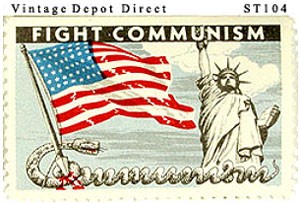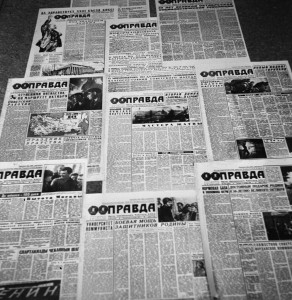Hi, everyone! Welcome to my blog! First I’d like to introduce myself to you. I’m Grace Long from China. I’m in my first year in UBC, planning to major mathematics and recently enrolled in CAP hoping to get access to interdisciplinary knowledge.
In the last class we read and go through some analysis about the framework of “The role of interpretative communities in remembering and learning” by Farhat Shahzad. In the article Shahzad, instead of emphasizing the function human agents and technologies of memory play on human history, expounds her theory to us which is “certain communities also play their role as interpreters when a human agent gives meaning to historical facts and their normative contextualization”. After clarify her statement by listing some evidences, she further points out that teachers, also as a part of interpretative community, play an indispensable role in the selection of textual resources and mediate them, thus, a great attention should be paid on how teachers interpretative knowledge in a multicultural classroom.
Truly, teachers as interpreters and selectors of information are able to construct a interpretative community, are citizens whose political-orientation and world-view are shaped by their parents, communities, or more, nations. What if the information showed on our smart phones’ screen, newspaper, television have already been selected and interpreted in a certain regular module due to some political or religionary issues? It reminds me of my politics textbook in which typology of the state were mentioned. In an illiberal democratic state, like Russia and Malaysia, “the state controls the means of communication-television, radio, newspapers-and may even attempt to control internet and access.” as Robert Garner puts it. The political elite, for placing more disadvantages on opposite leaders or parties, for less vote and power transferred and the alleviation of pressure in the election campaign, are inclined to control the media to cripple the power of others’. These goals are usually achieved by setting up certain administration (for instance, State administration of Press, Publication,Radio, Film and Television of The People’s Republic of China) through setting constrains on political contents be published.
Let’s go back to cold war in 1941-1997, which is a time when contact between western bloc (the United states, its NATO allies and others) and Eastern bloc (the Soviet Union and its allies in the Warsaw Pact) are absolutely blocked expect the report about regional war. The alternation in international political standpoint impose clog on cultural communication which, in that time, is deeply tinged by politics. In this case, nations, as a larger and more influential interpretative communities, refuses to embrace the value of different regimes. thus it’s hard to imagine a teacher, no matter how they take care of the way or interpretation used to prevent students from feeling segregated from mainstream, embraces all the values in such a special period. The picture 1 is the stamp on which a slogan was printed “fight communism” published by America.
Picture 2 is a shot of Pravda newspapers’ front pages and it’s easy to see(although i have no idea what the words mean) that what the media in Soviet Union report was all about Russia and political leaders while with nothing about countries in western bloc. The fluid information in both separated union, in some degree, are incomplete, or more, biased, which makes teachers hard to do a great job in selecting and mediating resources.
I was wondering if it’s true that teachers’ role in playing an interpretative community pales when compared to a grant political environment? To create a diverse interpretation community that embrace people possessing different value and historical background, maybe government should shoulder more responsibility than teachers.

